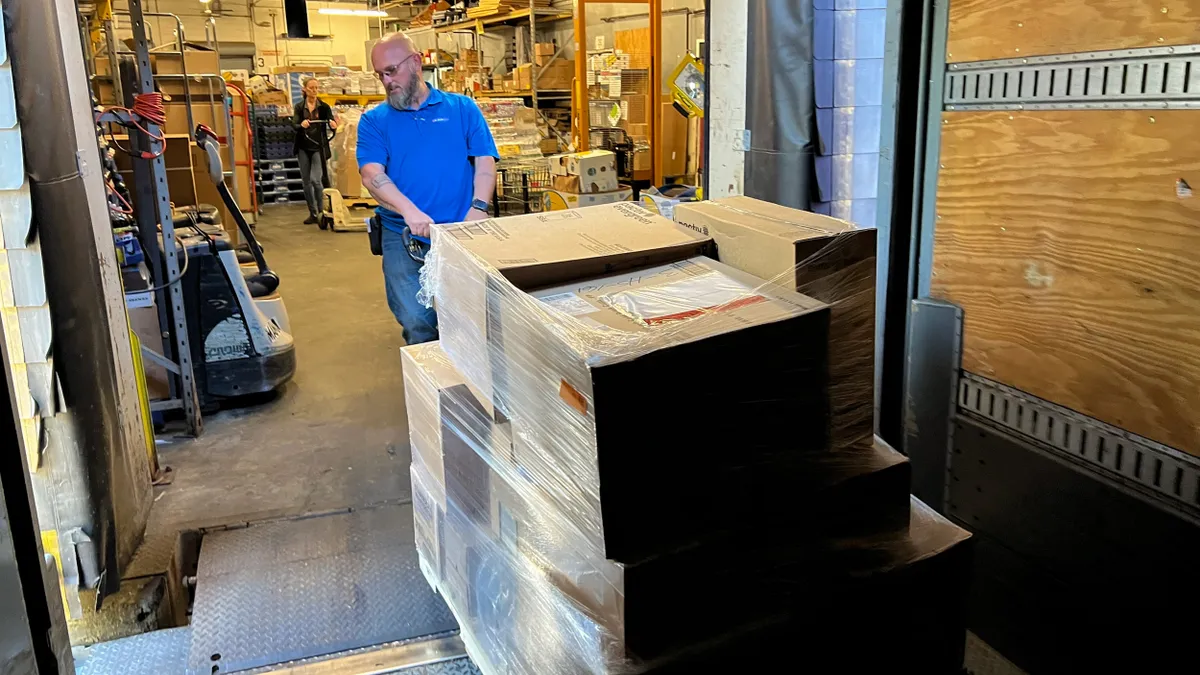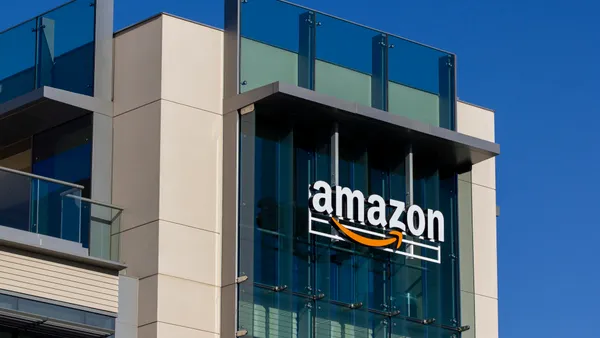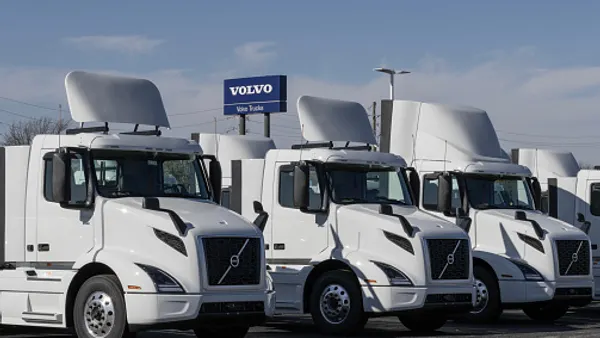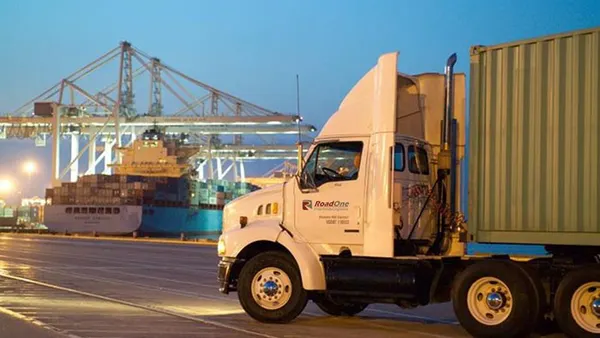CHICAGO — Knight-Swift Transportation Holdings has its sights set on rapidly building out its LTL network and part of that strategy means adding more doors to fill service area gaps, according to CEO Adam Miller.
With the carrier’s recent acquisition of Dependable Highway Express, which has operations in Arizona, California and Nevada, reviewing the remaining 112 terminals still for sale from bankrupt carrier Yellow Corp. is a priority.
“There may be some properties in the southwest that may be more interesting to us today,” Miller said during the Inland Distribution Conference in Chicago earlier this month. He hopes good deals are available, adding, “we’ll see if we can find something that works for us and we get it for the right price.”
Miller was among several trucking and logistics executives who spoke at the conference, discussing opportunities and business shifts within the LTL segment following Yellow’s shutdown.
A. Duie Pyle is also examining the remaining terminals that weren’t sold during last year’s $2 billion real estate auction, said John Luciani, COO of LTL solutions.
A. Duie Pyle acquired four terminals last year and was among more than 20 successful bidders seeking to add doors in strategic spots near major population centers and highways.
“Doors are the key to our success in providing high levels of service to our customers,” Luciani said. “But at the end of the day, if you don’t have the yard space or technology or the door capacity, you become very inefficient and those inefficiencies drive up the cost.”
XPO, which spent $870 million on more than two dozen Yellow properties, does not plan to buy any of the remaining ones, East Division President Tim Staroba said.
XPO and others have gradually reopened their acquired terminals in recent months, and while Staroba says that adding more doors makes sense, the carrier is focused on those it has already acquired.
“‘How do you leverage all the assets more effectively?’ is what our focus really is right now,” he said.
Interested parties’ non-binding written bids of interest in the remaining terminals were opened Oct. 1, with a goal of selling all the properties by January. Scooter Sayers, founder of Sayers Logistics and a sales executive for Cubiscan, said interest remains in whatever is available, though buyers will be selective.
“It’s not just a capacity plan, I think that’s a big part of this … it’s the efficiencies that they’re gaining by being able to have the terminals in the right spot … the doors in the right spot,” Sayers said.
Roadrunner saw an opportunity when it acquired one of Yellow’s Atlanta terminals in a bankruptcy auction, which allowed it to expand its LTL service network to the Southeast.
Chris Jamroz, executive chairman and CEO of Roadrunner, said his company’s sole auction purchase was an investment for the future. Though he recognizes the growth potential, the current weak freight market means it will take time before the purchase yields dividends.
“We open up our capacity, but that capacity will not be utilized probably for the next two, three years, because it will take an incredible spike in demand to fill it up,” he said. But Jamroz added, “when the demand [inevitably] comes back, and when it comes back, [it] comes back fast, very fast.”











